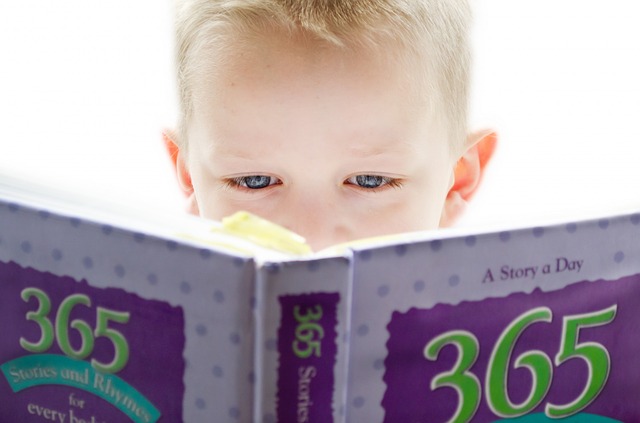
Attainable Resolutions for the New Year
January 4, 2017
Tips for Reading with Young Children
January 25, 2017
Understanding reading development in young children can be tricky for parents who are not educators. When assessing their children’s reading skills, parents do not want to over-worry and be bothersome to the teacher when everything is fine, yet parents also do not want to be too lax and wait for things to get better if that’s not the right thing. Oh what is a parent to do?
First, know that there are set pre- and early-reading skills that children should master as early as preschool and kindergarten that, on the surface, may not seem like they have to do with reading at all. One of these important skills is called phonological awareness, which refers to a child’s ability to hear and manipulate sounds in oral language. It includes such skills as rhyming, clapping out syllables in words, and identifying the initial sounds in words, such as the sound for “m” in “monkey.”
Proficient oral language skills are also key for reading comprehension. That is, children should have developed the ability to talk on time, have a wide vocabulary from communicating with the people around them, and have a compendium of background knowledge from experiences to pull from when trying to understand a book they are reading or that is being read to them.
If these skills are in place, a typical reader should not have difficulty moving on to learning the names and sounds of letters, as well as early sight words, such as “a,” “the,” and “me.” However, if you see that these skills are not in place for your child in the middle of or by the end of kindergarten, early intervention is extremely important.
Research shows that children who fall behind in early reading skills require intense intervention to catch up. In addition, the older a child is (including later elementary), the more intense and long-term the intervention needs to be due to the cumulative effect of the skills the child is missing. Studies have documented that a poor first-grade reader almost always continues as a poor reader without intensive intervention.
If you feel that your child is not developing reading skills as he or she should be, do not wait to see how things go. Ask for a meeting with your child’s teacher to review reading assessments that compare your child’s reading skills to set reading benchmarks for children in that grade.

If your child is behind, ask your school to help create a plan for early reading intervention, or consider a specialized program or tutor to help remediate your child’s skills.
Parents may not be the experts in reading development, but they often know when something does not seem right. You are your child’s advocate, and now you know that early reading intervention is key to boost your child’s skills to where they should be.
Blogger Stephanie Dunne, Ed.S., is the Center Director at Springer School and Center. Prior to coming to Springer, Stephanie practiced as a school psychologist in public and private schools for ten years. If you have questions, please contact Director of Learning Programs Carmen Mendoza at .



